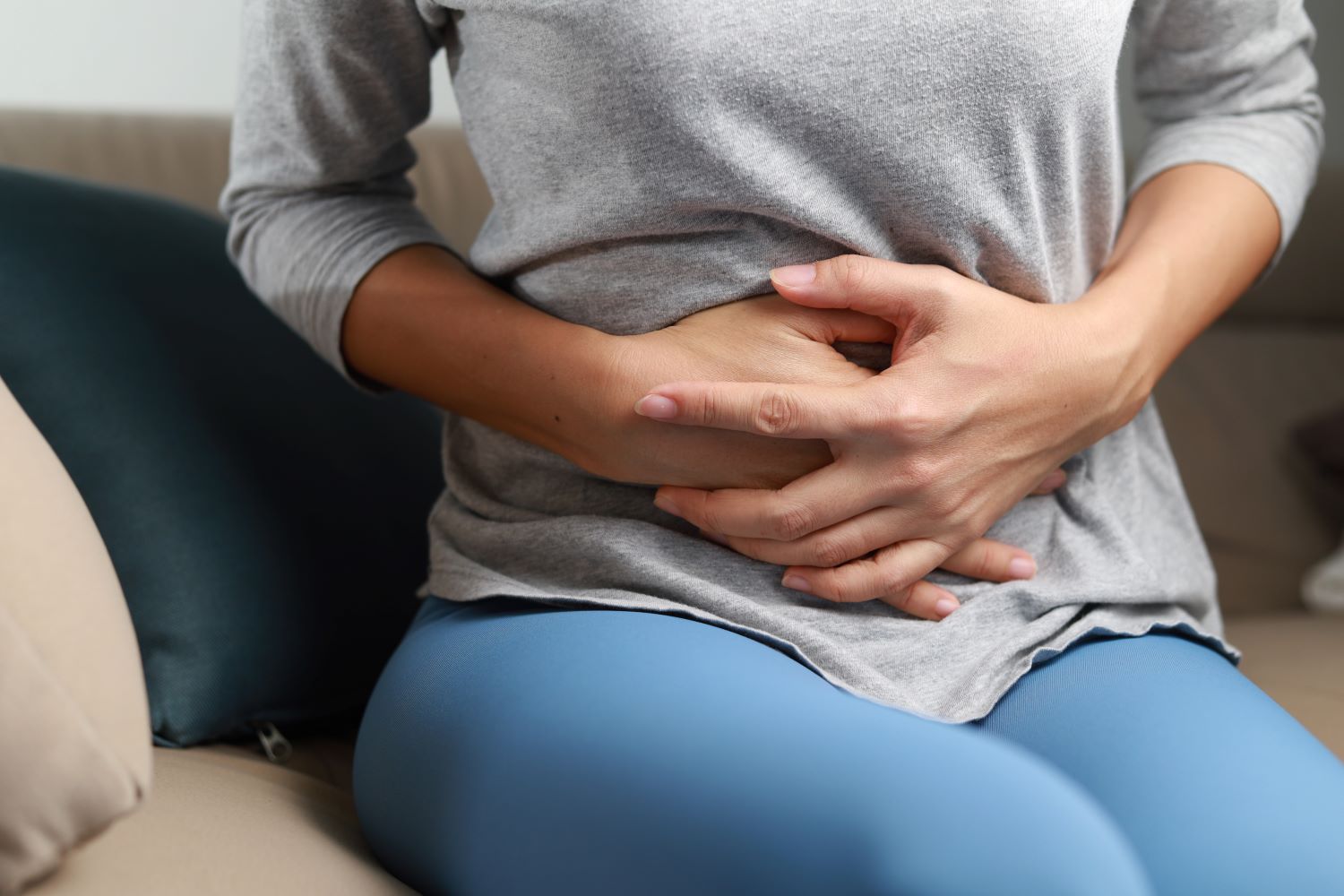
If you experience heavy menstrual bleeding, there are several treatments that can help you reduce symptoms and reclaim control of your life. We spoke to Miss Maya Al-Memar, Consultant Gynaecologist at Cromwell Hospital, to find out more.
What is menorrhagia?
Menorrhagia, or heavy periods, are when you experience heavy or prolonged menstrual bleeding.
Heavy periods may simply be normal for you and your body; however, they can also be indicative of other health conditions.
A period is considered heavy if:
- you have a heavy flow which lasts for more than seven days
- you soak through a super-size pad or tampon every one to two hours
- you need to empty your menstrual cup more frequently than is advised
- you need to use two types of protection together, e.g. a pad and tampon
- you pass blood clots larger than a 10p coin (about 5cm in diameter)
- you bleed through onto your clothes or bedding
- you avoid daily activities or take time off work during your period
- you frequently feel tired and/or short of breath
Heavy periods can commonly occur at certain life stages – such as when your periods first start, after pregnancy, or during menopause.
Sometimes, heavy periods may be caused by a health condition. These include:
- polycystic ovary syndrome
- endometriosis – finding cells of the lining of the womb outside the womb in the abdomen
- adenomyosis – finding cells of the lining of the womb in the muscle of the womb
- pelvic inflammatory disease / sexually transmitted infections
- fibroids – benign overgrowth of muscle of the womb
- hormonal imbalances, e.g. thyroid dysfunction
- bleeding disorders
- certain medications (e.g. blood thinners or certain chemotherapy agents)
In rare cases, heavy periods may be a symptom of womb cancer.
How is menorrhagia investigated?
You should see a gynaecologist if:
- you have persistently heavy periods as defined above
- you have severe pain that doesn’t go away and makes it hard to move and/or sleep
- your periods interfere with your day-to-day activities (e.g. physical activity, or you have to work from home)
- you have additional symptoms, such as pain during sex or when urinating or when you open your bowels during your periods
It is helpful if you keep a menstrual diary to record information such as the frequency and duration of your periods, how many pads/tampons you used, and any additional symptoms.
Depending on your symptoms and medical history, you may be recommended any of the following diagnostic tests:
- ultrasound scan – to detect fibroids, polyps, or any other abnormal structures
- internal swab – to test for infection
- endometrial sampling – to look for abnormalities in the cells of the lining of the womb
- hysteroscopy – for closer examination of the cavity of the womb
- blood tests – to check for bleeding disorders and anaemia
Medications for menorrhagia
There are several medications that can help reduce excessive menstrual bleeding:
Non-hormonal options:
- tranexamic acid – which helps blood to clot and therefore reduces bleeding
- non-steroidal anti-inflammatory drugs (NSAIDs) – which predominately helps with pain during periods
Hormonal options:
- contraceptives – such as an intrauterine system (IUS) or combined contraceptive pill, to reduce the thickness of the uterus lining
Surgery for menorrhagia
Surgery for heavy periods includes:
- endometrial ablation – a procedure to remove a thin layer of tissue (endometrium) that lines the uterus, which helps prevent heavy periods
- surgery for fibroids or endometriosis – used to remove fibroids or endometrial tissue
- hysterectomy – the surgical removal of the uterus and cervix and fallopian tubes
If you are experiencing heavy periods, our expert team of gynaecologists at Cromwell Hospital can provide a comprehensive assessment of your condition and tailored advice on the best course of treatment.
Can heavy periods cause anaemia?
Yes, heavy periods can cause iron deficiency anaemia. This is because excessive blood loss depletes the body’s iron stores.
Symptoms of iron deficiency anaemia include fatigue, weakness, shortness of breath, pale skin, heart palpitations, and headaches. The condition is usually treated by taking iron tablets.
About the consultant
Miss Maya Al-Memar is a consultant gynaecologist with specialist clinical interests in complex benign gynaecology and menstrual disorders, acute diagnostic services including early pregnancy and acute gynaecology, rapid access for suspected gynaecological cancer, and paediatric and adolescent gynaecology. She is based at Imperial College Healthcare NHS Trust.


